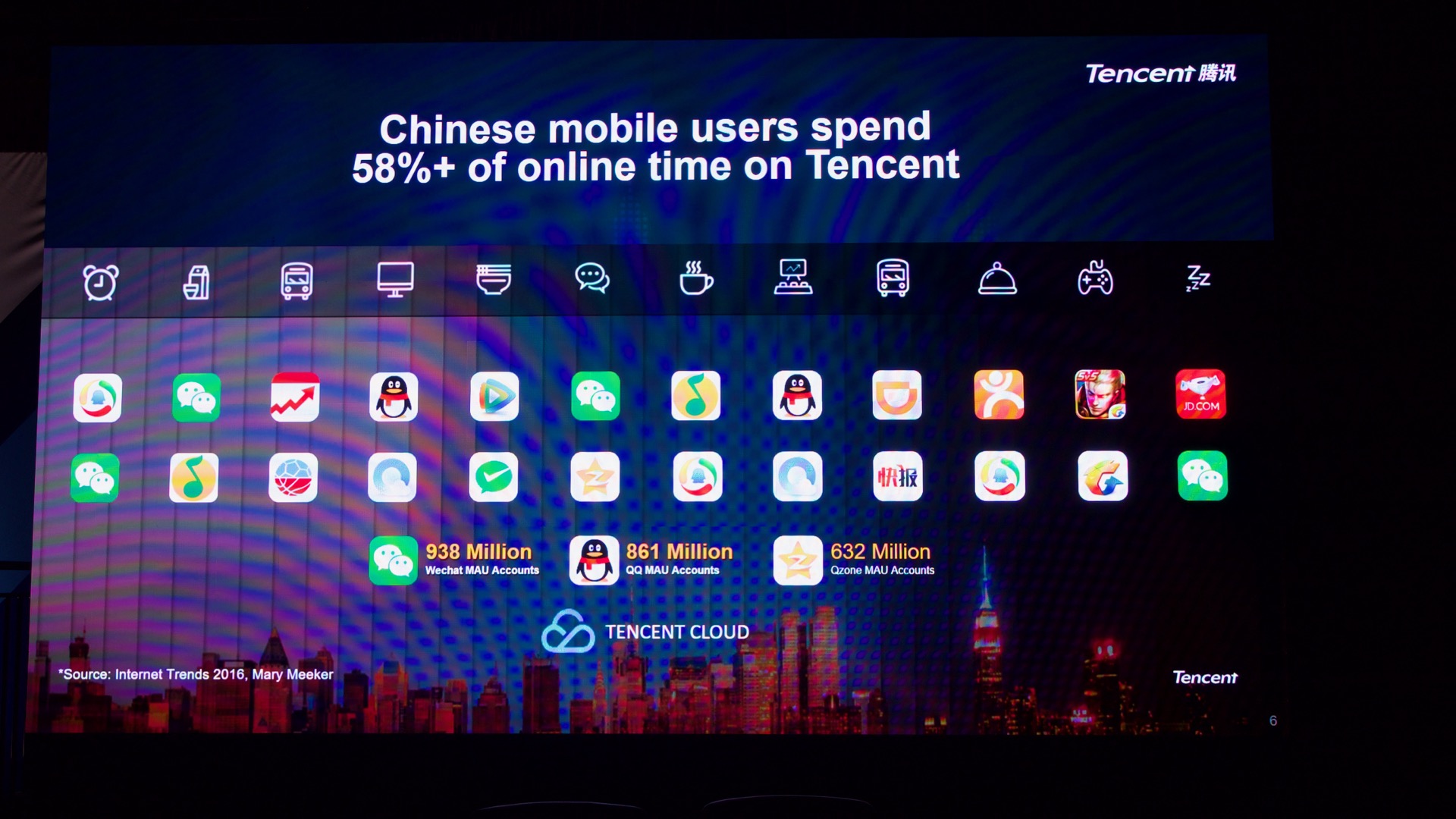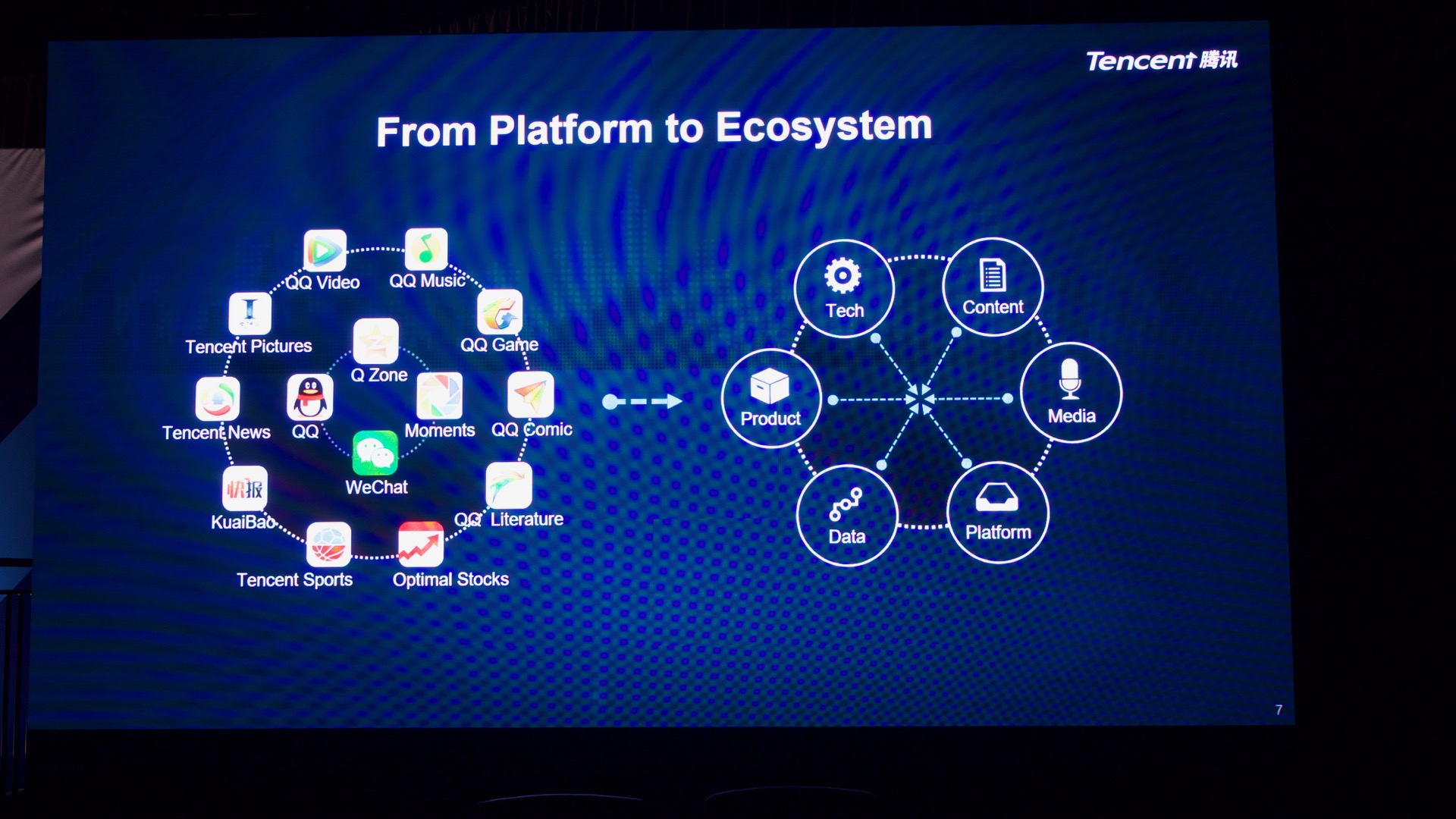Industry News & Events
Adopting a people-centric view will lead to marketing success at home and abroad (Advertising Week panel recap)
Oct 6, 2017

Industry News & Events

With a rapidly growing, upwardly mobile middle class, it’s easy to see why marketers want to break into China. However, many marketers are facing the reality that China is a completely different beast from the rest of the world culturally and technologically, and that it features regulatory differences. But success can be found in China and elsewhere if marketers start adopting a people-centric view instead of the current platform-centric focus.
We all know that WeChat dominates in China, which companies like Facebook have tried to emulate in the West with limited success. “From discovery to purchase, WeChat features little friction. This hasn’t happened in the West yet,” said Luis Di Como, EVP of Global Media at Unilever, during a panel at the Advertising Week conference in New York. “One of the reasons for this is that most of the companies in the East have been born mobile,” continued Di Como. “The creation of the whole ecosystem is one of the biggest differentiations.”

With platforms like WeChat, all marketing data is accessed through a singular parent company (Tencent, in this case), which allows marketers to effectively advertise to customers within the company’s vast ecosystem of apps in China. “What really helps is that data is in one system,” said Nigel Morris, Chief Strategy and Innovation Officer at Dentsu Aegis Network. “You don’t get friction in the way you want to market or in the customer experience. The ability to generate branded content becomes much stronger.”
In order for marketers to craft more effective advertising campaigns, there needs to be an emphasis on understanding the people using specific platforms across the globe. One of the biggest differences that Di Como noticed was in how consumers felt about emerging technologies in China and the US. Western consumers are more wary of new technologies like AI and machine learning while Chinese consumers see them as a positive thing, according to Di Como.

While there are clear differences in attitudes between Western and Chinese consumers, the panelists agreed that marketing success can be found in marketing to people, not platforms. Additionally, consumers are more similar than they are different. “I believe everyone loves brands and the way we build brands is more or less the same across markets,” said Di Como. “The strategy is the same, but the way we execute is different in each region’s platforms.”
The walled garden of different platforms currently forces marketers to play within the rules and boundaries of each, rather than focusing on what consumers want across the entire advertising experience. As much as WeChat dominates in China, Chinese consumers still use applications that aren’t made by Tencent.
“Even in China, you’re moving across platforms,” said Chief Digital Officer of GroupM Rob Norman. “What we have to do is collaborate. In the end, what the whole marketing ecosystem relies on is being more efficient and delivering a better consumer experience. The more we’re isolated, the less good that experience is.”

However, in order for cross-platform marketing to truly work, walled gardens will have to open up and share data, which platforms historically haven’t been willing to do. “Isn’t that wishful thinking?” asked the panel moderator Betty Liu, an anchor on Bloomberg TV.
“I think it’s always good to set the goal and try to make the best that works for everyone,” said Steven Chang, Corporate Vice President of Tencent. While the panelists agreed that a collaborative approach would benefit marketers, the question of whether platforms are willing to be more transparent and share data remains to be seen.